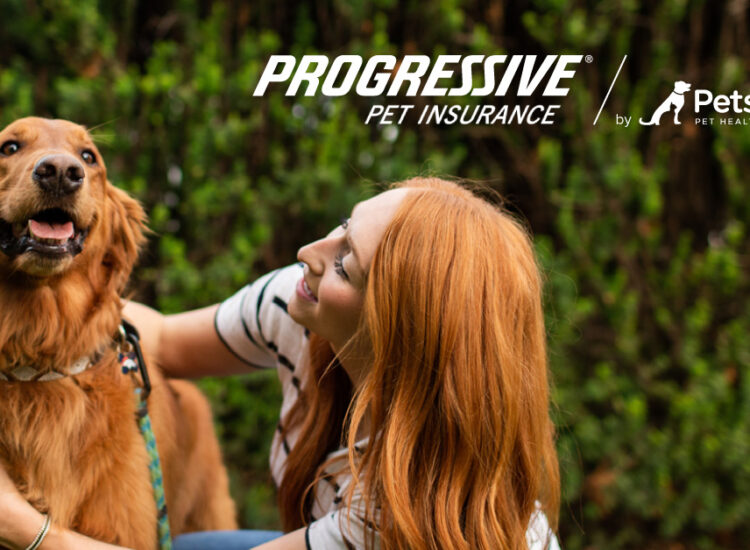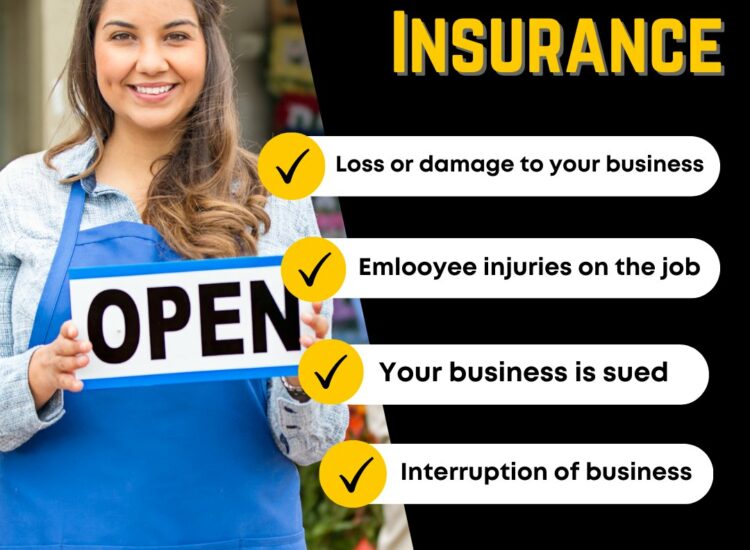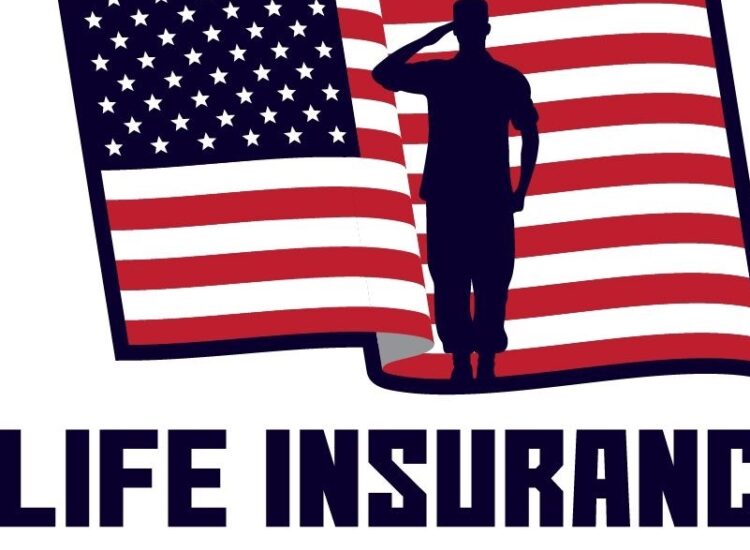Securing the best commercial truck insurance is essential for new drivers entering the trucking industry. While many assume that obtaining affordable insurance is merely about finding the lowest price, the reality is far more complex. The cheapest policy often lacks crucial coverage, which can leave drivers financially vulnerable after an accident. This comprehensive guide aims to help new drivers navigate the intricacies of commercial truck insurance, ensuring they strike the right balance between cost and comprehensive protection.
Toc
- 1. Essential Coverages for New Truckers
- 2. Factors Affecting Commercial Truck Insurance Costs
- 3. Related articles 01:
- 4. Current Trends in Commercial Truck Insurance
- 5. Top Commercial Truck Insurance Companies in the USA
- 6. Related articles 02:
- 7. Strategies for Finding Affordable Commercial Truck Insurance
- 8. Choosing the Right Commercial Truck Insurance: A Checklist
- 9. Conclusion
Essential Coverages for New Truckers

When entering the trucking industry, new drivers must familiarize themselves with various types of coverage available. Understanding the essential coverages for commercial truck insurance is crucial for ensuring adequate protection on the road. Here are the key types of insurance that every new driver should consider:
Liability Insurance
Liability insurance forms the cornerstone of any commercial truck insurance policy. It covers damages or injuries inflicted on other parties in an accident where the driver is at fault. Most states mandate a minimum level of liability coverage, making it essential for legal compliance and financial security.
Liability insurance can be categorized into two main types:
- Bodily Injury Liability: This covers the medical expenses, lost wages, and pain and suffering of individuals injured in an accident where the truck driver is at fault.
- Property Damage Liability: This covers the costs associated with damage to other people’s property, including vehicles and structures.
The minimum liability limits vary widely by state. For instance, some states may require a minimum of $300,000, while others may have much higher requirements. A critical consideration for new drivers is that if they only carry the minimum state requirement and are involved in a significant accident, they could face substantial out-of-pocket costs. For example, a trucking accident causing $500,000 in property damage and $1 million in bodily injury would leave a trucker with significant personal liability if their policy only carried the minimum state requirement of $300,000.
Physical Damage Coverage
Physical damage coverage is vital for safeguarding the insured vehicle from various risks, including accidents, theft, or vandalism. This coverage consists of two main components:
- Comprehensive Coverage: This part addresses non-collision incidents, such as theft, fire, or natural disasters. It ensures that drivers can recover the value of their truck in the event of unforeseen circumstances.
- Collision Coverage: This applies specifically to accidents involving other vehicles or objects. It covers the costs of repairing or replacing the truck after a collision, providing drivers with peace of mind while on the road.
Motor Truck Cargo Insurance
For drivers who transport goods, motor truck cargo insurance is indispensable. This coverage protects the cargo being hauled, ensuring that drivers can recover losses if the cargo is damaged or lost during transit. Without adequate cargo insurance, drivers risk facing substantial financial losses if an accident occurs while transporting valuable goods.
Bobtail Insurance
Bobtail insurance is particularly important for owner-operators who occasionally drive their trucks without a trailer attached. This coverage provides liability protection during those non-business uses of the truck, ensuring that drivers remain protected even when not actively hauling cargo.
General Liability Insurance
General liability insurance plays a critical role in covering incidents that occur off the road, such as accidents during loading or unloading. This type of coverage protects drivers and their businesses from potential lawsuits arising from third-party claims.
Other Optional Coverages
Drivers may also want to consider additional coverages tailored to their specific needs, including:
- Refrigeration Breakdown Coverage: Essential for those transporting perishable goods, this coverage protects against losses due to refrigeration failures.
- Trailer Interchange Insurance: Important for drivers who frequently swap trailers, this coverage ensures that any trailer being used is adequately protected.
Moreover, bundling policies can lead to significant cost savings, allowing drivers to secure comprehensive coverage at a more affordable rate.
Common Exclusions in Policies
While understanding coverage types is essential, it is equally important to be aware of common exclusions that may apply to commercial truck insurance policies. Some typical exclusions include:
- Intentional Damage: Any damage caused by deliberate actions is typically not covered.
- Damage to Other People’s Property: Standard policies often exclude coverage for damages to property not owned by the insured.
- Specific Cargo Types: Certain hazardous materials, livestock, or high-value items may require specialized insurance policies.
- Damages Exceeding Policy Limits: Costs exceeding the maximum coverage limits of a policy are not insured, highlighting the need for appropriate coverage levels.
- High-Risk Activities: Engaging in activities such as racing or demolition may void coverage.
Factors Affecting Commercial Truck Insurance Costs
The cost of commercial truck insurance can vary widely based on several factors. Understanding these factors can help new drivers make informed decisions and find the best commercial truck insurance for their needs:
Driving History
Insurance providers closely scrutinize driving records. A clean history free of accidents and violations can lead to lower premiums. Conversely, a record with multiple infractions may result in higher costs. New drivers should focus on maintaining a safe driving record to secure the best rates.
Vehicle Characteristics
The size, age, and model of the truck significantly affect insurance rates. Newer vehicles generally incur lower premiums due to their reduced risk of mechanical failures and accidents. Drivers should consider investing in a reliable vehicle to minimize insurance costs.
Operational Factors
Drivers who operate locally may see different rates compared to those who drive long-haul routes. Long-haul operations typically incur higher risks due to increased time spent on the road. Understanding the impact of operational radius on insurance costs is crucial for new drivers.
1. https://hanoipetcare.com.vn/mmoga-best-pet-insurance-in-texas-a-comprehensive-guide-for-pet-owners/
4. https://hanoipetcare.com.vn/mmoga-best-life-insurance-without-medical-exam-for-seniors/
5. https://hanoipetcare.com.vn/mmoga-finding-the-best-peo-for-health-insurance-a-small-business-guide/
Location
The state where the driver operates can also influence insurance costs. Different states have varying regulations and risk levels associated with trucking, which can affect premium rates. For instance, the best commercial truck insurance in California may differ significantly from that in other states due to local laws and market competition.
Storage Conditions
Keeping a truck in a secure location can reduce the risk of theft and damage, potentially lowering insurance premiums. Drivers should consider investing in secure storage solutions to protect their vehicles and reduce insurance costs.
Cargo Type
Transporting hazardous materials or valuable goods can lead to increased premiums due to the higher risks involved. Drivers should be aware of how the type of cargo they carry can impact their insurance rates and consider specialized coverage if necessary.
Deductibles
The amount a driver is willing to pay out-of-pocket in the event of a claim can influence monthly premiums. Higher deductibles often result in lower premiums, but it’s crucial to consider affordability when a claim arises. Drivers should choose deductibles that align with their financial situation.
Coverage Amount
The level of coverage selected will directly impact the cost of insurance. More extensive coverage typically leads to higher premiums. New drivers should evaluate their coverage needs carefully to strike a balance between protection and cost.
Safety Rating
Insurers evaluate a company’s safety practices and ratings. A strong safety record can help lower insurance costs. New drivers should prioritize safety to not only protect themselves but also to secure better insurance rates.
Telematics
The increasing use of telematics in determining insurance premiums is a significant trend in the trucking industry. Telematics devices track driving behavior, including speed, braking, acceleration, and idling. This data can lead to lower premiums for safe drivers. For example, companies like Progressive offer discounts for drivers who voluntarily install and use telematics devices, sometimes providing savings of up to 30% for those with consistently safe driving records.
Current Trends in Commercial Truck Insurance
Impact of Autonomous Vehicles
The advent of autonomous vehicles is reshaping the commercial trucking landscape, presenting both opportunities and challenges for insurance providers. The development of self-driving trucks is expected to reduce the frequency of accidents due to improved safety systems. However, this technology also raises complexities regarding liability in the event of an accident.
Insurance models for autonomous vehicles are still evolving, with questions surrounding who is liable—the driver, the manufacturer, or the software developer. As this trend develops, drivers and insurers alike must stay informed and adapt to the changing landscape.
Top Commercial Truck Insurance Companies in the USA
When seeking the best commercial truck insurance, it’s essential to choose a reputable provider. Here are ten companies that stand out in the industry, offering various coverage options and services:
1. Progressive
Progressive is widely recognized for its comprehensive coverage options and discounts for safe driving and electronic logging device usage. They provide competitive rates and an easy online quote process, making them a popular choice for new drivers seeking the best commercial truck insurance.
2. Nationwide
Known for its excellent customer service, Nationwide offers a variety of insurance options tailored to new drivers. Their commitment to ensuring customer satisfaction and availability in many states makes them a reliable choice for those looking for the best commercial truck insurance in the USA.
3. State Farm
As one of the largest insurers in the U.S., State Farm offers competitive rates for new drivers. While they excel in customer service, it’s important to note that they may not provide cargo insurance, which is essential for many truckers. New drivers should weigh their options carefully when considering State Farm.
4. CoverWallet
CoverWallet is an insurance brokerage that allows drivers to compare quotes from multiple insurers quickly. This platform is particularly valuable for those seeking to find the best rates and coverage options without extensive research, making it easier to identify the best commercial truck insurance.
5. Great American
Great American provides specialized coverage options tailored for the trucking industry, making it a top contender for new drivers. Their financial strength and commitment to the sector give them an edge. Drivers looking for customized policies should consider Great American as a viable option.
6. Great West Casualty Company
Focusing on the trucking industry, Great West Casualty Company offers tailored policies for truckers, ensuring comprehensive coverage options and specialized services for their clients. This company is known for its dedication to the trucking community and provides excellent support for drivers.
7. Sentry Insurance
Sentry specializes in commercial insurance and has a strong reputation for its flexible coverage options and exceptional customer service. New drivers can benefit from their tailored policies that meet specific trucking needs.
8. The Hartford
The Hartford is known for its extensive resources and specialized programs for trucking businesses, making them a solid choice for fleet operators and owner-operators alike. Their comprehensive approach to commercial truck insurance is beneficial for new drivers.
1. https://hanoipetcare.com.vn/mmoga-best-pet-insurance-in-texas-a-comprehensive-guide-for-pet-owners/
3. https://hanoipetcare.com.vn/mmoga-best-life-insurance-without-medical-exam-for-seniors/
4. https://hanoipetcare.com.vn/mmoga-finding-the-best-peo-for-health-insurance-a-small-business-guide/
9. OOIDA
The Owner-Operator Independent Drivers Association (OOIDA) provides insurance products specifically for owner-operators, emphasizing advocacy and support for independent truckers. Their focus on the unique needs of owner-operators makes them a valuable resource.
10. Lancer Insurance
Lancer Insurance is recognized for its customer-focused approach and comprehensive coverage options tailored to the needs of trucking companies and drivers. They are a strong contender for those seeking the best commercial truck insurance.
While this list highlights top contenders, it’s essential to recognize that the best insurer for a specific driver will depend on individual circumstances, such as location and type of operation. Drivers should actively seek multiple quotes from various insurers, including those not listed here, to make the most informed decision.
Strategies for Finding Affordable Commercial Truck Insurance
While many drivers seek the cheapest commercial truck insurance, it’s essential to balance cost with quality coverage. Here are some strategies to help new drivers find the best rates:
Obtain Multiple Quotes
Don’t settle for the first quote received. Instead, gather quotes from various providers to compare coverage options and premiums. This practice allows drivers to identify the most competitive rates and ensure they are getting adequate coverage for their needs.
Evaluate Coverage vs. Cost
It’s crucial to examine what each policy covers and the associated costs. Sometimes, a slightly higher premium may offer substantially higher policy limits or better coverage for specific needs. New drivers should carefully assess the value of each policy to make informed decisions.
Consider Higher Deductibles
Opting for a higher deductible can lower monthly premiums. However, ensure that the deductible is affordable in the event of a claim. This strategy can be beneficial for drivers who have a strong financial cushion.
Research Insurer Reputation
Investigate the financial strength and customer satisfaction ratings of potential insurers. A strong reputation can indicate reliability in claims handling and customer service. New drivers should seek out reviews and testimonials to gauge the experiences of others.
Stay Informed About Exclusions
Understanding policy exclusions can prevent unpleasant surprises down the road. Make sure to ask questions about what is not covered. Being informed about potential gaps in coverage is essential for making sound insurance decisions.
Explore Discounts
Many insurance providers offer discounts for various reasons, such as having safety features in the truck, completing driver training programs, or using technology to monitor driving behavior. New drivers should inquire about available discounts to lower their insurance costs.
Avoid the Worst Trucking Insurance Companies
When researching insurance options, it’s equally important to be aware of the worst trucking insurance companies. Avoiding these providers can save drivers from poor coverage and service. Checking reviews and ratings can help identify companies with a negative reputation.
Choosing the Right Commercial Truck Insurance: A Checklist
Selecting the right commercial truck insurance involves careful consideration. Here’s a checklist to assist new drivers in making the right choice:
- Get Multiple Quotes: Always seek quotes from several insurance providers to ensure competitive pricing and comprehensive coverage options.
- Compare Premiums and Coverage: Analyze the details of each policy, focusing on what is included and excluded. A thorough comparison can lead to better decision-making.
- Choose a Reputable Insurer: Opt for an insurance company with a strong financial rating and positive customer feedback. A reliable insurer can make a significant difference during claims processing.
- Understand Policy Details: Familiarize yourself with policy terms, conditions, and exclusions to ensure that you are adequately protected.
- Maintain a Clean Driving Record: Keeping a record free of violations can help lower insurance costs and improve coverage options.
Conclusion
In conclusion, finding the best commercial truck insurance is a critical step for new drivers looking to secure their financial futures. By understanding the various coverage options, the factors that affect insurance costs, and the top providers in the market, drivers can make informed decisions that best suit their needs.
Conduct thorough research, compare quotes, and consider all aspects of coverage before making a choice. Additionally, staying informed about current trends such as telematics and autonomous vehicles can further enhance decision-making. Taking these steps will help ensure that new drivers are well-protected on the road.
Finding the right insurance can be a daunting task, but with the right information and resources, new drivers can navigate the complexities of commercial truck insurance successfully. Start your search today by utilizing online comparison tools or reaching out to the insurance providers mentioned above. Don’t wait until an accident happens to realize the importance of adequate coverage; secure your financial future with the best commercial truck insurance available.










